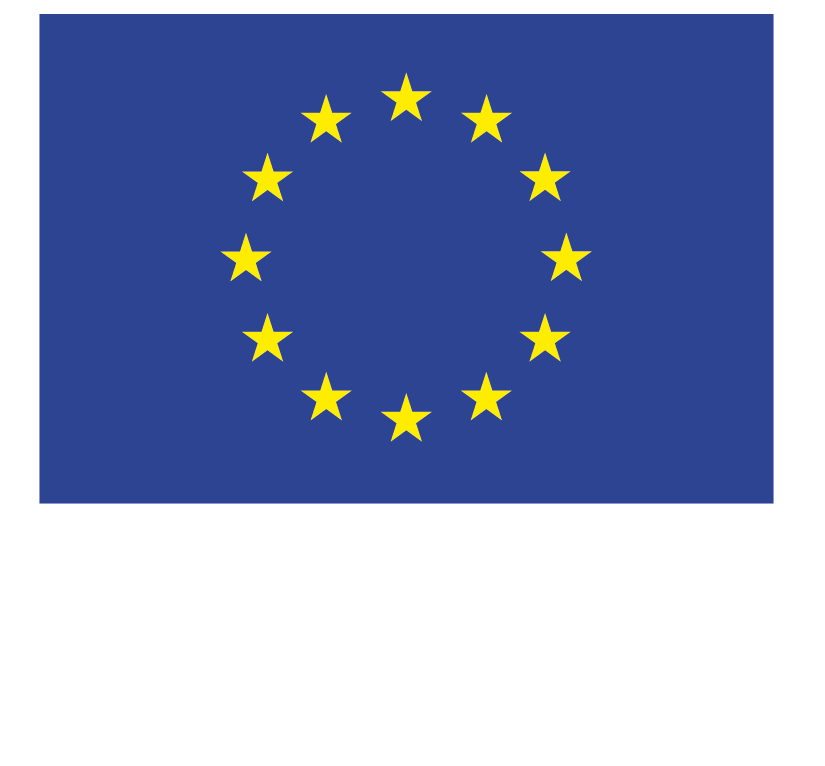Background of the Problem
Urgent need for coalescing around cancer patient navigation globally
Despite significant literature demonstrating the benefits of cancer patient navigation (PN) in the US over the past 30 years to improve equitable access and cancer patient quality of life, PN utilization in most High-Income Countries (HICs) and Low- and Middle-Income Countries (LMICs) needs further support and development. With the recent US Centers for Medicare and Medicaid Services (CMS) expansion to cover PN in 2023, other HICs like Australia are starting to implement PN programs further; however, for most HICs, including countries in the European Union, PN programs are desired but lacking.
Overview of the Global Alliance for Cancer Patient Navigation
The American Cancer Society (ACS) will foster development of the Global Alliance for Cancer Patient Navigation that aims to coalesce HIC and LMIC stakeholders to create a unified framework and ensure sustainable PN implementation strategies (Figure 1).

Figure 1. Tentative Framework for the Global Alliance for Cancer Patient Navigation
Expanding the reach, quality, and sustainability of global PN will require a coordinated and inclusive collective impact model involving a wide variety of stakeholders in implementation science, capacity development, awareness raising, policymaking, and standards setting, including cancer and other civil society organizations (CSOs), academic institutions/researchers, MOHs, national referral and regional hospitals, professional societies, other multinational cancer organizations, and global pharmaceutical partners. The Alliance will bring the importance of PN to the forefront with policymakers and MOHs, who must ultimately determine how to effectively and sustainably implement and fund PN services, including patient navigator workforce development.
Objectives
The Alliance will help frame, assess, and address challenges in global patient navigation that no single institution or organization can solve alone and minimize variability in practice by developing unifying guiding principles that will better support on-the-ground partners in a more consistent, comprehensive, and evidence-based manner. Initial scoping revealed a broad appeal for this type of alliance, with ACS as the lead agency working with multiple partners in this space to:
- Develop and agree upon unified principles for patient navigation in high-income countries (HICs) and low- and middle-income countries (LMICs) that are adaptable to local country contexts for both adult and pediatric cancer patients
- Build implementation strategies that support systematic expansion and integration of PN in diverse non-US settings
- Strengthen the evidence base for PN in diverse non-US settings
- Explore the feasibility of innovative digital solutions to support traditional PN approaches in diverse settings
- Raise awareness for the need for PN to break down barriers and improve equitable access for cancer patients in diverse non-US settings
Activities
The Alliance will identify and foster work occurring in isolation by partner organizations into a more comprehensive collaborative output for dissemination, for example:
- Mapping/scoping of global PN activities
- Implementation strategies for PN in HICs
- Implementation strategies for PN in LMICs
- Foster evidence-basis for global PN
- Develop partnerships between HIC organizations doing PN research and LMICs
- Resources permitting, fund critical research projects to be led by Alliance members as well as grants to LMIC partners for research studies
- Digital innovation for PN
- Raising awareness
Contact Information
Email: ACSGlobal@cancer.org
UICC Connect: https://connect.uicc.org/






Comments are closed